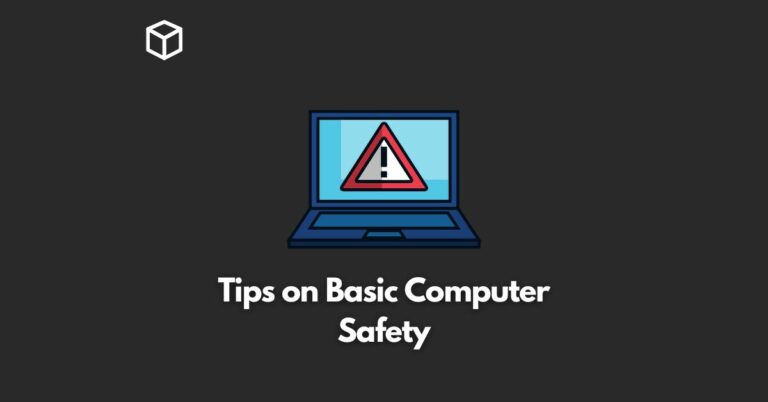Kanban, originally developed for the automotive production and manufacturing sectors, has evolved into a comprehensive work management approach applied across various industries.
With its roots in Japanese manufacturing, Kanban’s principles and practices are designed to help improve productivity and efficiency.
Today, it has become a ubiquitous part of Agile project management and software development, primarily owing to its visual framework that simplifies and enhances planning systems.
Kanban’s effectiveness has seen it being embraced in non-manufacturing settings too, particularly in fields such as IT and software development, supply chain management and even HR and marketing teams.
This expansion in application has resulted in a burgeoning demand for certified Kanban experts.
These professionals, trained in the art and science of implementing Kanban’s core philosophy, are now considered invaluable assets in many organizations.
The Value of Kanban Certification
As a professional aspiring to work in project management or looking to streamline your team’s productivity, you may wonder about the worth of getting a Kanban certification.
Rest assured, being Kanban-certified not only validates your skills, knowledge and experience in applying the Kanban framework but also paves the way for an array of promising career opportunities.
Here are some ways a Kanban certification can amplify your professional journey:
Scaling Kanban in your organization: Certified Kanban practitioners are often entrusted with the responsibility of scaling Kanban across different verticals, locations, or project teams within their company.
Kanban coaching: You could become a coach for mentoring other budding Kanban professionals in a mid-size or large enterprise.
Independent consultancy: With a Kanban certification, you could offer your expertise as an independent consultant, advising multiple companies on Kanban and guiding its implementation in their organizations.
Why Should You Get a Kanban Certification?
Despite Kanban’s popularity as an Agile methodology, professionals sometimes hesitate to pursue a certification.
The reluctance stems from a lack of understanding of the significant benefits that a Kanban certification offers. To clear the fog, let’s enumerate the key advantages:
Deep understanding of Kanban methodology: Kanban certification equips you with an in-depth knowledge of the Kanban methodology and its practical application.
Enhanced understanding of Kanban systems: You gain a better grasp of the Kanban system’s basics, including its practical applications across different work situations, projects and teams.
Specialization in the Kanban framework: The certification allows you to specialize in the Kanban framework, building skills that could advance your career as a program manager or a Kanban manager.
Advanced Kanban training: Certification often comes bundled with advanced training, enabling you to help scale Kanban in your organization and train other employees on Kanban systems.
With a robust understanding and an industry-leading certification, a Kanban Certified Professional becomes a prime asset to their company.
Their knowledge and expertise allow them to deliver high-quality work, enabling their organization to scale faster and more efficiently.
How to Become a Certified Kanban Expert
While becoming a Kanban expert requires a certain level of commitment and investment, the pay-off in terms of career advancement and skills acquisition is substantial.
The process of becoming a Kanban expert involves a series of steps, typically starting with a foundational understanding of the Kanban system, followed by advanced-level training and culminating in a certification examination.
The specifics of the process may vary depending on the certification body you choose.
It’s therefore critical to select a recognized and reputable certification organization.
Research and select the program that best suits your needs and career goals.
Some of the leading Kanban certification programs include Lean Kanban University (LKU), Scrum Alliance and the Project Management Institute (PMI).
Once you have selected the right certification program, invest time in comprehensive study and hands-on application of the principles and practices of the Kanban system.
This may involve participating in projects that employ the Kanban methodology, interacting with Kanban experts and self-study using a variety of resources.
Conclusion
In an increasingly complex and competitive work environment, becoming a certified Kanban expert is no longer an optional skill—it’s a necessity for those seeking to maximize their efficiency and their team’s productivity.
A Kanban certification empowers you with the knowledge and the skills to drive work efficiency, streamline project management and enhance team collaboration.
Regardless of the industry or the size of the organization, certified Kanban experts are becoming indispensable assets, bringing with them a transformative approach to work management.
If you are ready to take the next step in your career and become a crucial part of this transformative journey, a Kanban certification could be the key.




